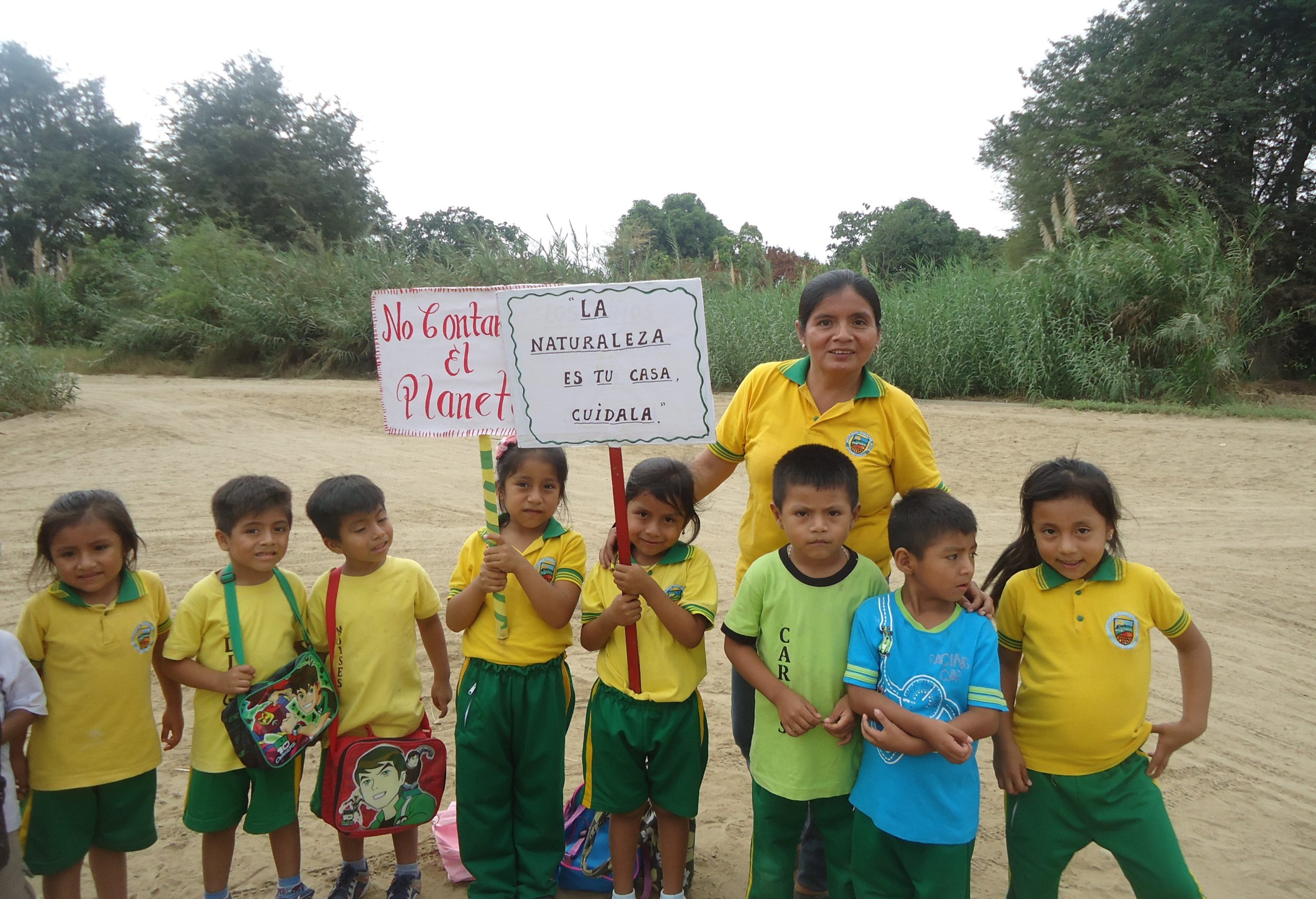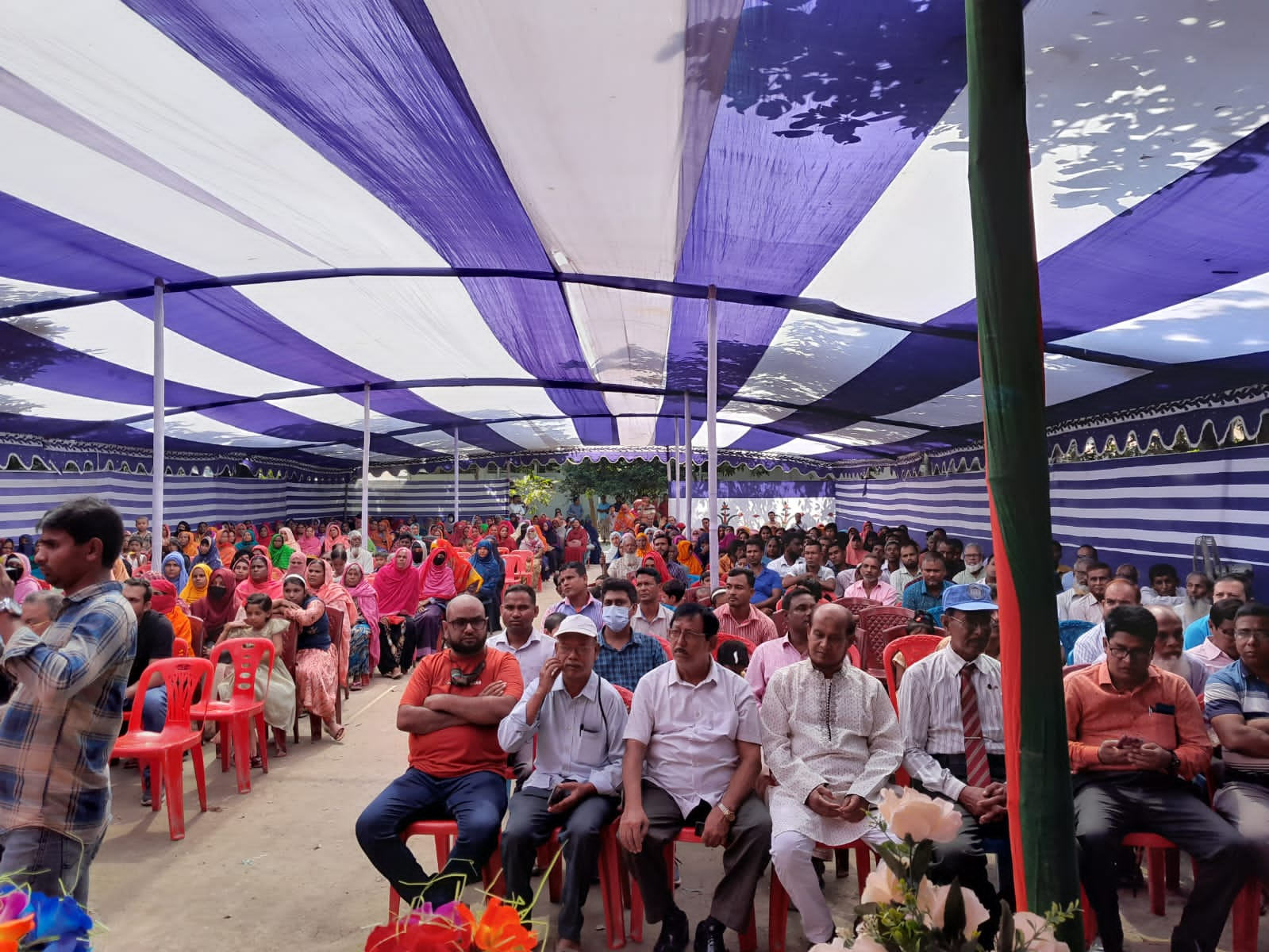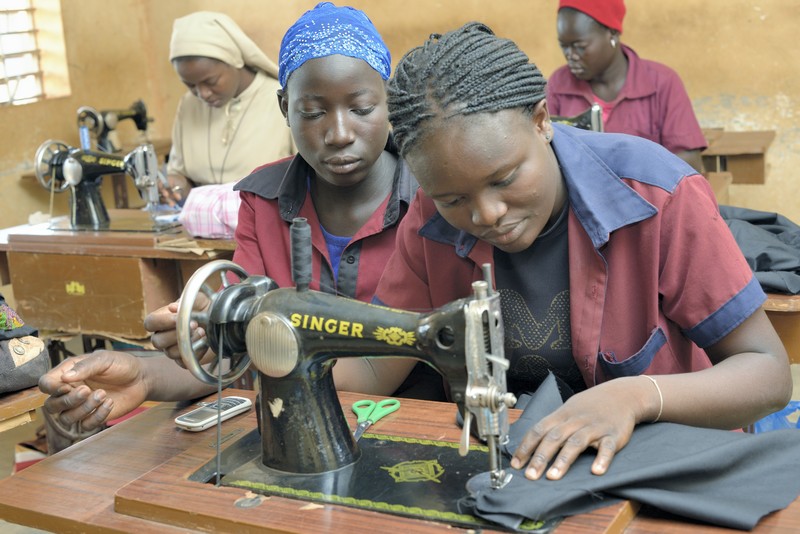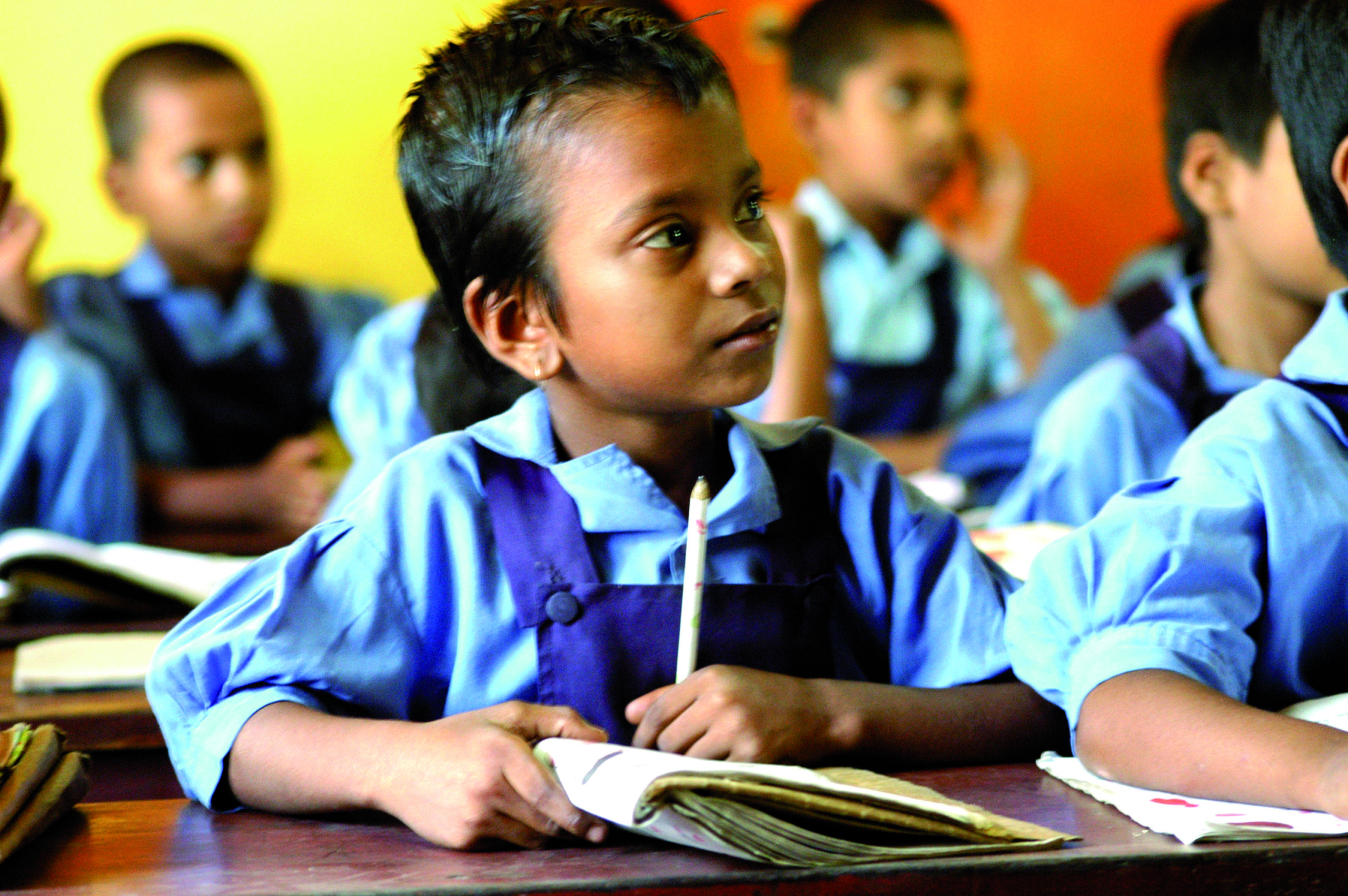Ensuring that all young people have access to an education that will help them achieve their potential: a must in the fight against poverty!

260 million children and adolescents worldwide are still out of school. International Youth Day is an important occasion for Emmaus International to issue a new warning: rather than being treated as the poor relation of public policies, education should be at the heart of all matters as a means to combat inequalities and ensure a brighter future for all young people.
Since the beginning of the global pandemic, young people have suffered more than ever through interruptions to their education, increased inequalities, social isolation, precariousness, deterioration of their mental health, among others. While governments have taken some measures, they don’t go far enough in addressing the problems facing young people and helping them to believe in a brighter future. There is a great risk of young people being sacrificed on the altar of this pandemic.
Unfortunately, education is a flagrant example of this. The world over, barriers to accessing education and training have multiplied, resulting in the pandemic increasing pre-existing inequalities that have never been properly addressed with long-term responses. Once again, vulnerable and marginalised young people are the most affected, whether in countries where schools have been closed for months, in Africa and in the Americas in particular, or through a mirage of “distance learning” that only a tiny minority of families are able to access, due to a lack of equipment, no internet connection, inadequate housing conditions, etc.
Access to education is naturally an important part of the work of the Emmaus movement as it fights to make the voices of the voiceless heard and promote the rights of the most excluded. It is indeed through access to education that the most excluded, and in particular children and young people from vulnerable families, will be able to overcome poverty and become fully-fledged citizens involved in social, cultural, and political life. Receiving education and educating yourself means acquiring the necessary knowledge and skills to live in a dignified manner, to know and be able to claim your rights.
Formal education, informal education, school support, professional training, citizenship education: the Emmaus movement brings together a wealth of education initiatives in the 41 countries where it works. Some initiatives were set up almost 50 years ago in countries where the state does not invest in access to education for young people and these are often the only educational and social alternative available. Yet beyond this much-needed diversity, in order to adapt to local contexts of poverty, these initiatives have in common the fact that they benefit marginalised groups and incorporate a holistic approach to individuals, seeking to respond to specific needs.
260 million children and adolescents worldwide are still out of school1. There is no doubt that the crisis and the many attempts to commodify education have increased this figure. Therefore, it is a priority to guarantee everyone equal access to equitable quality education, which helps people to reach their full potential in all areas, including culture and politics.
During the pandemic, Emmaus groups have done their best to adapt and try to guarantee young people (and adults) equal education and training opportunities and rights, wherever they are based in the world. Nevertheless, the target of Goal 4 of the United Nations Sustainable Development Goals, to ensure that girls and boys have access to quality education by 2030, remains a pipe dream without concerted efforts made by all stakeholders and the recognition of education as common, non-marketable good.
Based on initiatives run by the Emmaus groups present in 41 countries, Emmaus International contributed to the UNESCO consultation on the Futures of Education in July 2020. You can read it in French here.
—————————————
12018 data from the UNESCO Institute for Statistics


